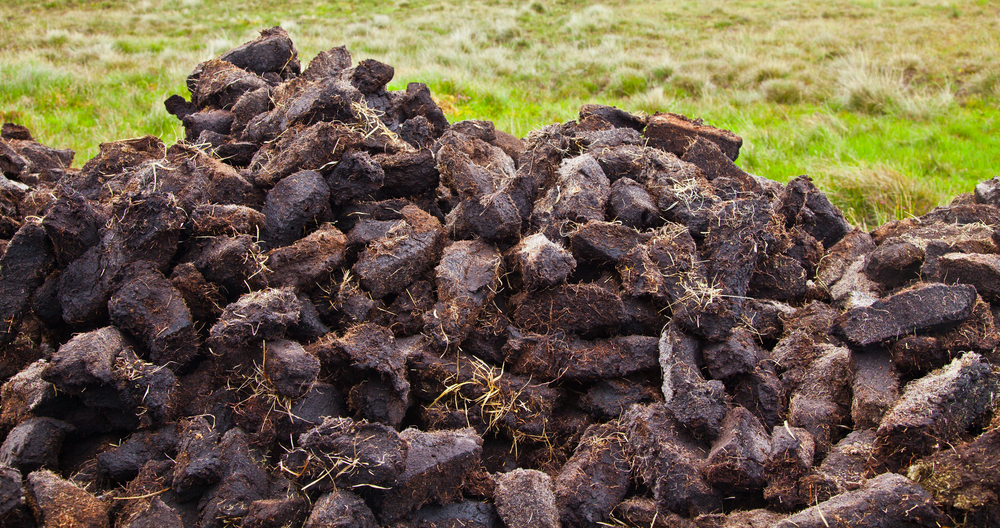The Healy-Raes have set up an online petition urging people “to become active in protesting any new proposed changes to the non-burning of turf”.
As AgriLand reported earlier this week, the next step in the likely ban on smoky fuels will be taken in the next number of months, with a public consultation on the matter set to be launched.
Also Read: Public consultation to launch as next step in nationwide smoky fuel banIn a petition set up online by Kerry County Councillor Jackie Healy-Rae, son of TD Michael Healy-Rae, he warns that “cutting, supplying and burning turf could well be an illegal activity” in the new year.
“This is being done to appease Green Party members who are willing to sacrifice at all costs the way of life in rural Ireland and will add to an already increasing cost of living on many older people – especially when it comes to the way they heat their homes,” the petition reads.
There is going to come a time, and very soon, when a person caught putting a sod of turf into their range to keep heat in their home will be an illegal activity – one that this government will be happy to see ordinary people punished for.
“It was bad enough that they have tried to reduce the amount of turf that is cut, but to introduce legislation where it will become illegal to cut, supply and even burn turf, is a step too far and we should be vigorously opposing it.
“The cutting of turf has not only been a way of life for people for generations, it is part of the heritage of rural Ireland – as meaningful as song, dance and the native language.
“I urge people to become active in protesting any new proposed changes to the non-burning of turf.”
So far, the petition has over 600 signatures.
Public consultation
A spokesperson for the Department of the Environment, Climate and Communications confirmed to AgriLand that the consultation will be launched alongside Ireland’s first Clean Air Strategy next year.
The responses will “inform the decisions to be made regarding the implementation and enforcement of a nationwide extension” of the current ban.
Currently, smoky coal is regulated in specific ‘low smoke zones’.
According to the department, this policy has been “recognised internationally as an effective intervention and resulted in considerable improvements in urban air quality and observed health impacts”.
